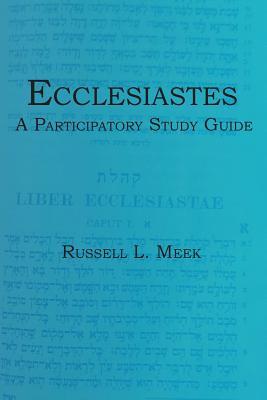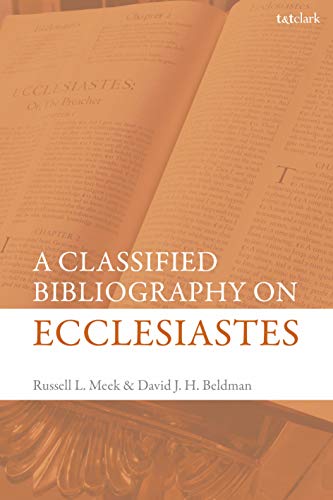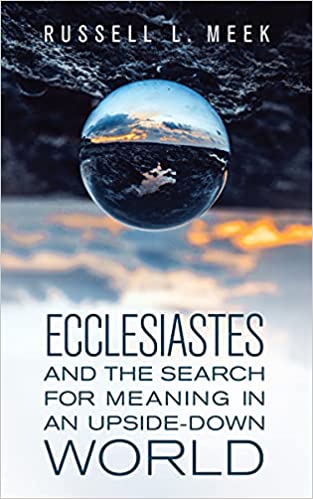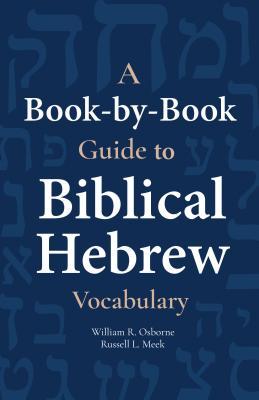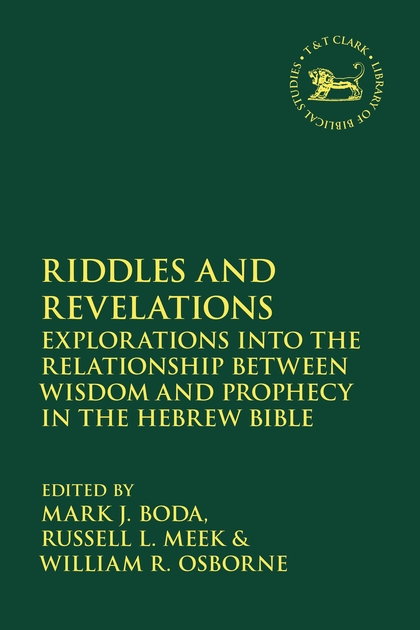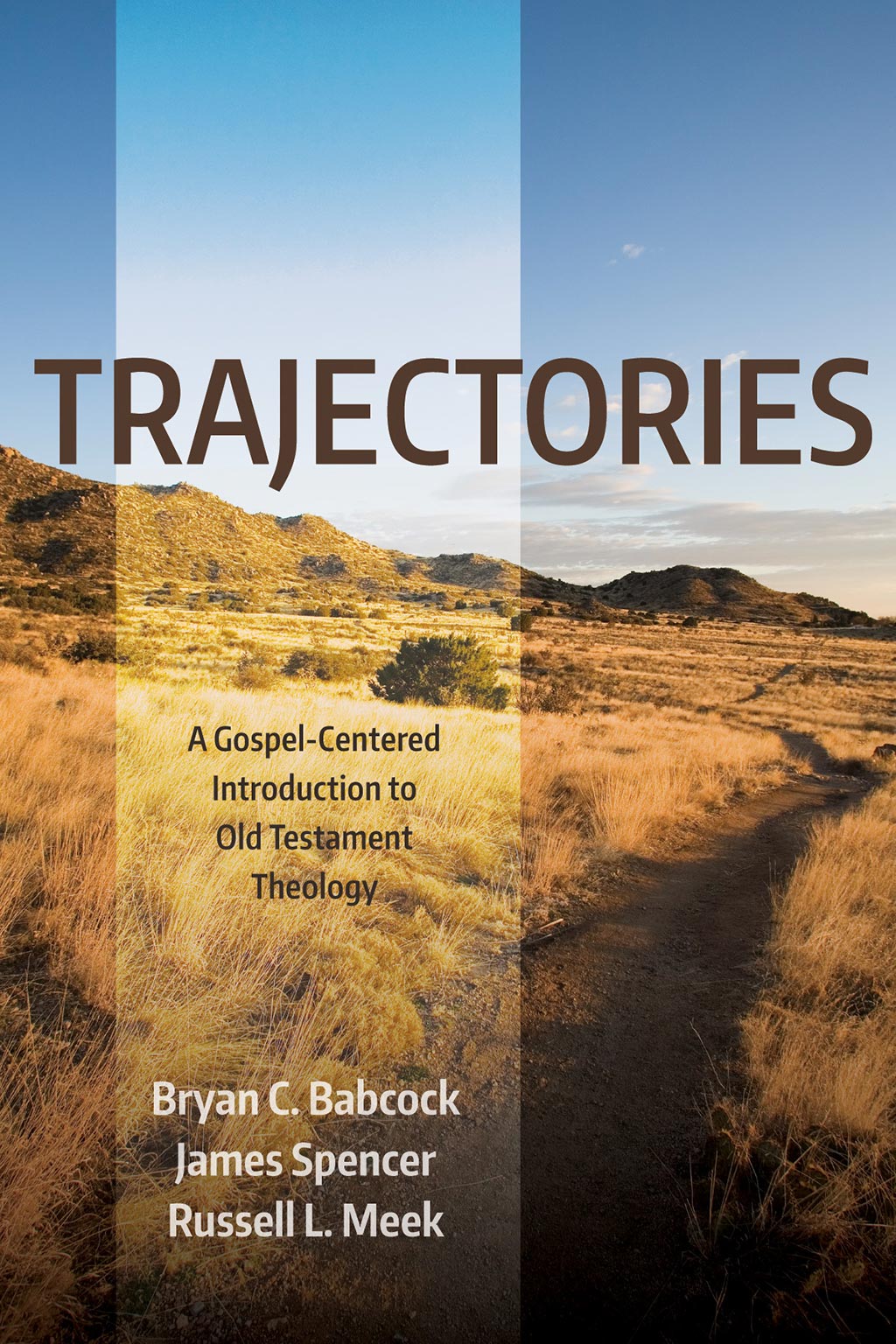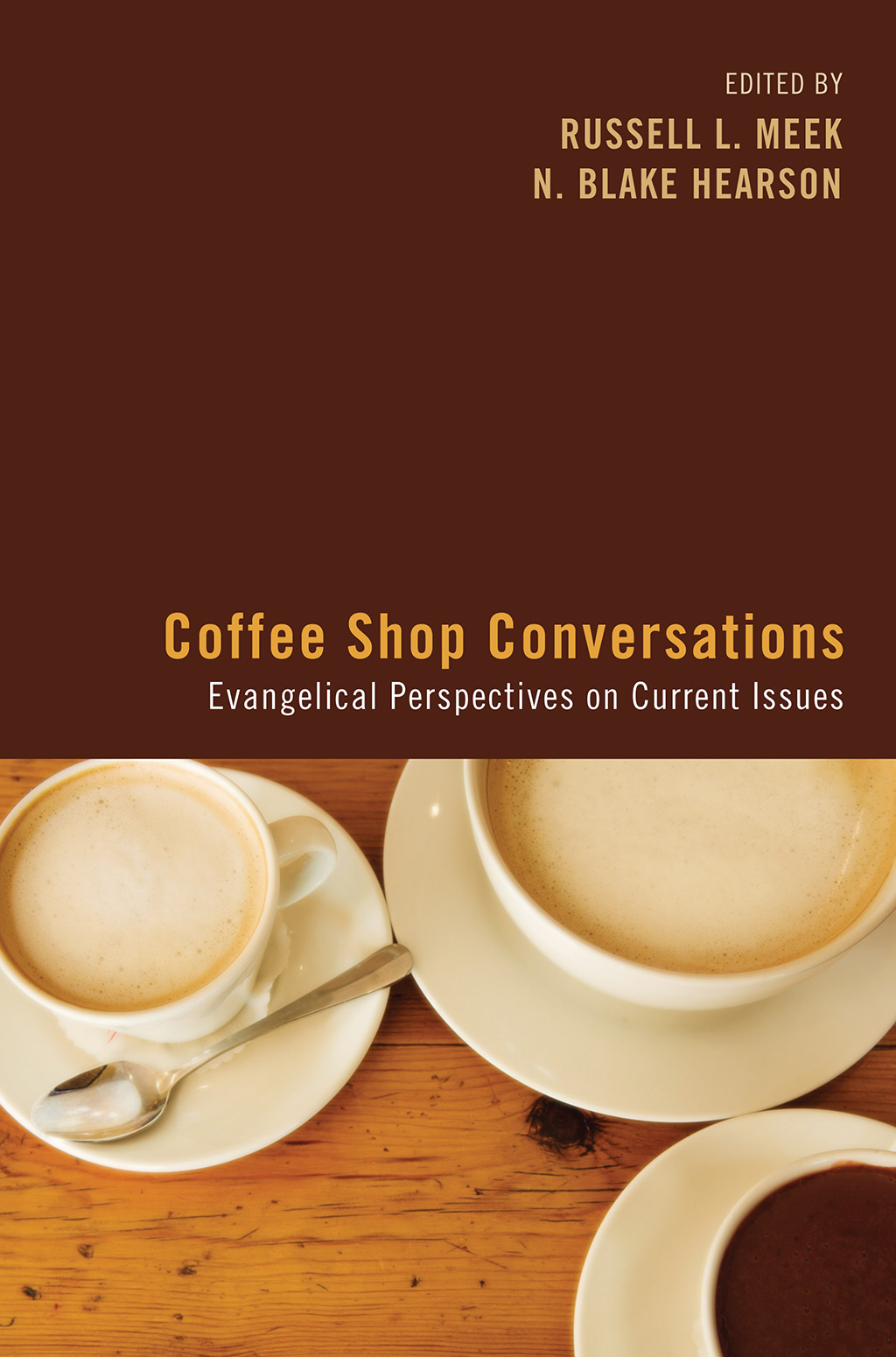Articles, Book Chapters, etc.
Resilience through Disclosure and Meaning Making in Qoheleth and the Babylonian Theodicy
Journal for the Study of the Old Testament
This study rereads Qoheleth and the Babylonian Theodicy through a trauma lens as opposed to the generic lens of speculative wisdom encompassing retributive justice, retribution theology, and the deed-consequence nexus and their consequent view of the gods’/God’s justice. According to retribution theology, actions correlate appropriately to consequences; however, in light of their suffering and resilience, both authors are disillusioned, struggling to make sense of life’s predicaments despite their religiosity and placating of the deity, as they also resist retribution theology. Rereading Qoheleth and the Babylonian Theodicy through a trauma lens shows that both sufferers seek answers and cope with suffering similarly to modern readers
“Was This Not My Concern? Jonah and the Problem of Theodic
Journal of Language, Culture, and Religion
If God is truly good, then why did my grandmother die of cancer? Why did I have to bury my child? Why does the darkness overcome so many? These questions typify discussion of theodicy. What we want to know is, “Why do bad things happen to good people?” The book of Jonah, however, presents us with the other side of the problem when he cries out at God because God has caused some good thing to hap-pen to bad people in the world. Indeed, what are we to do when God forgives the evildoer? And this was Jonah’s fear from the very beginning.
Journeying toward Justice
Pace Journal
The Old Testament’s concern for the plight of the vulnerable is built upon another key Old Testament teaching—that all humans are created in God’s image and hold value because of that very fact. Whereas humans are apt to think that the wealthy, the powerful, and the culturally influential are more valuable, the biblical witness teaches that this is not the case.
The Adjunct as Scholar, Or How to Be an Adjunct *and* Write / Produce Scholarship
Didaktikos
Of course there are drawbacks to the adjunct life, and of course the ideal for pursuing scholarship is
a research professorate. But that’s not where God has me—or you, if you’re an adjunct. Rather than
ruminate about the downsides of adjuncting, I’ve found that appreciating and taking advantage of
time and energy freed up by not being a full-time faculty member more than makes up for the model’s detriments.
The Gig Economy Professor
Didaktikos
Rather than seeing ourselves as lowly adjuncts begging for work, we can be proud of offering an essential service to both students and institutions.
Reading Psalms with Survivors of Abuse
Criswell Theological Review
Imprecatory psalms—or better named, justice psalms—offer trauma survivors a model by which to engage with God after experiencing trauma, along with the corollary to this position—that the imprecatory psalms offer Christians a way to enter into the suffering of those around us.
The Meaning of Hebel in Qohelet: An Intertextual Suggestion
The Words of the Wise Are like Goads: Engaging Qohelet in the 21st Century
The Abishag Episode: Re-examining the Role of Virility in 1 Kings 1:1–4 in Light of the Kirtu Cycle and the Sumerian Folktale of the Old Man and the Young Woman
Bulletin for Biblical Research
Wisdom Literature and the “Center” of the Old Testament
Criswell Theological Review
Fear God and Enjoy His Gifts: Qohelet’s Edenic Vision of Life
Criswell Theological Review
With Christ on the Road to Emmaus
Journal for Baptist Ministry and Theology
Truly God is Good: Suffering in Old Testament Perspective
Journal of Spiritual Formation & Soul Care
This article discusses the concepts of suffering, retribution theology (sometimes called retributive justice), and the goodness of God in the Old Testament.
Prophet and Sage in Dialogue: History and Methodology
Riddles and Revelations: Explorations into the Relationship between Wisdom and Prophecy in the Hebrew Bible
O God, Break the Teeth in Their Mouths
Journal for Baptist Theology & Ministry
Twentieth- and Twenty-first-century Readings of Hebel (הֶבֶל) in Ecclesiastes
Currents in Biblical Research 14
“I Was King over Israel in Jerusalem”: Inerrancy and Authorial Ambiguity in Ecclesiastes
Journal for the Evangelical Study of the Old Testament
Intertextuality, Inner-Biblical Exegesis, and Inner-Biblical Allusion: The Ethics of a Methodology
Biblica 95
Review of The Story of Israel in the Book of Qohelet: Ecclesiastes as Cultural Memory
Journal for the Evangelical Study of the Old Testament 3 (2014)
The Story of Israel in the Book of Qohelet: Ecclesiastes as Cultural Memory by Jennie Barbour. Oxford Theological Monographs.
